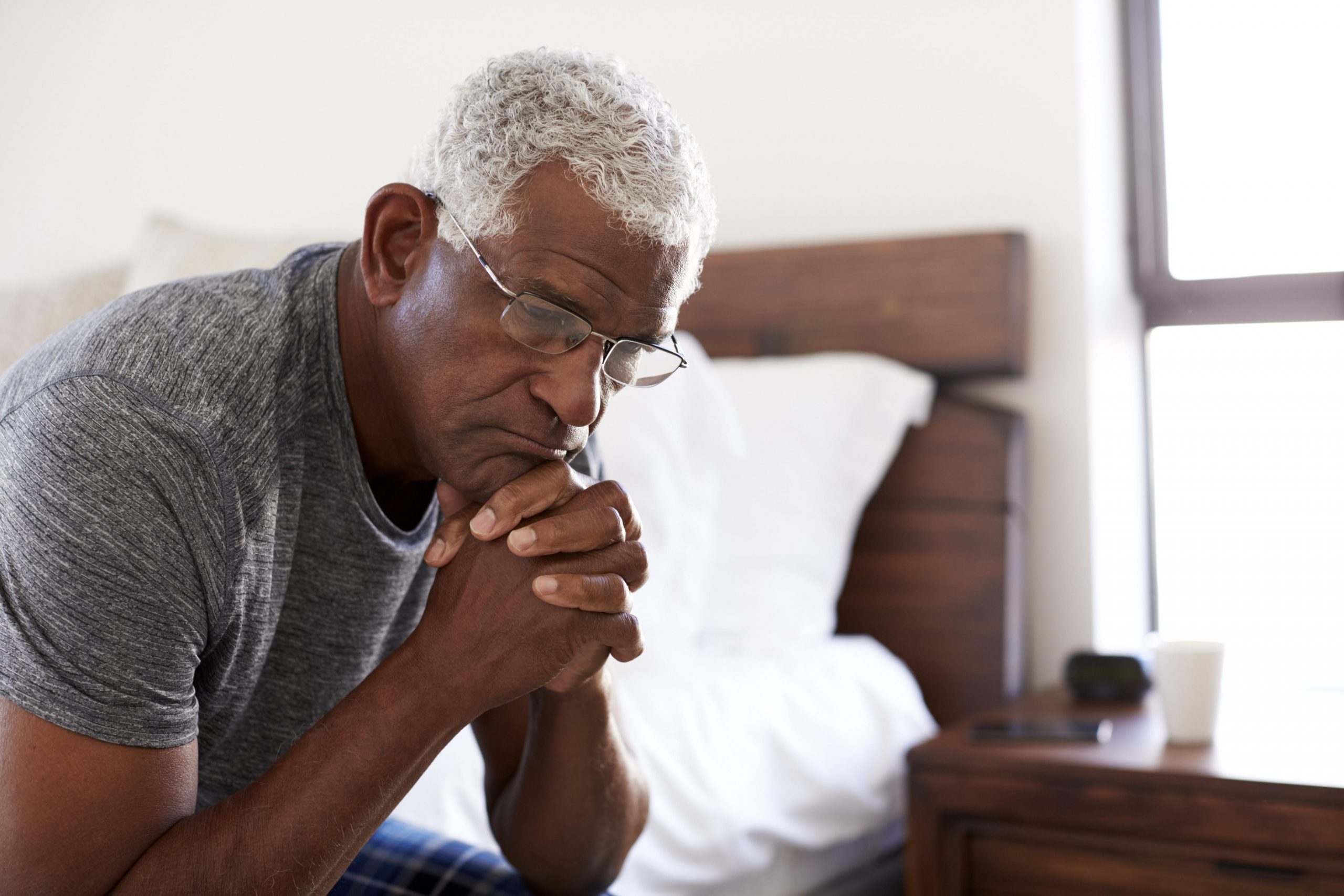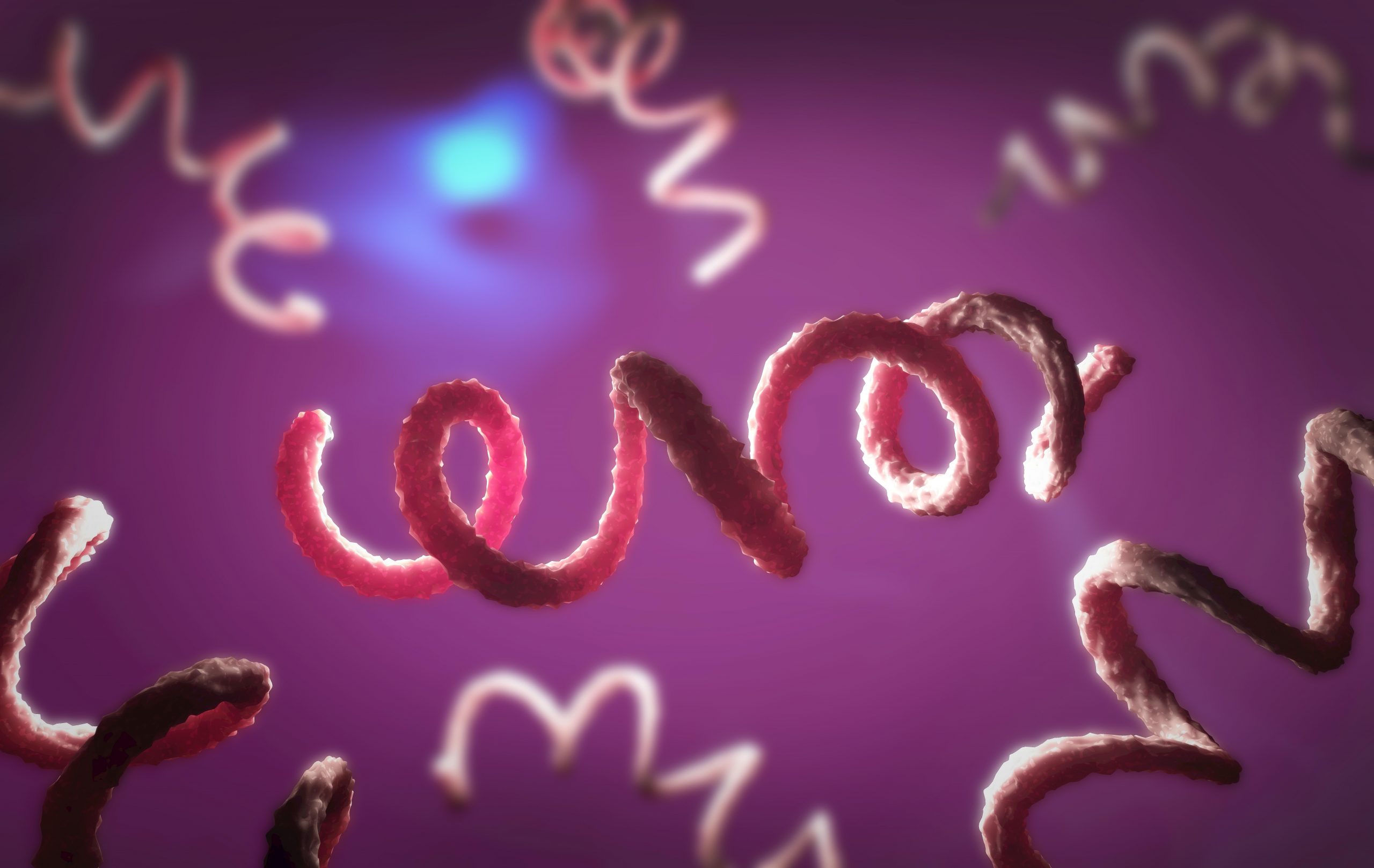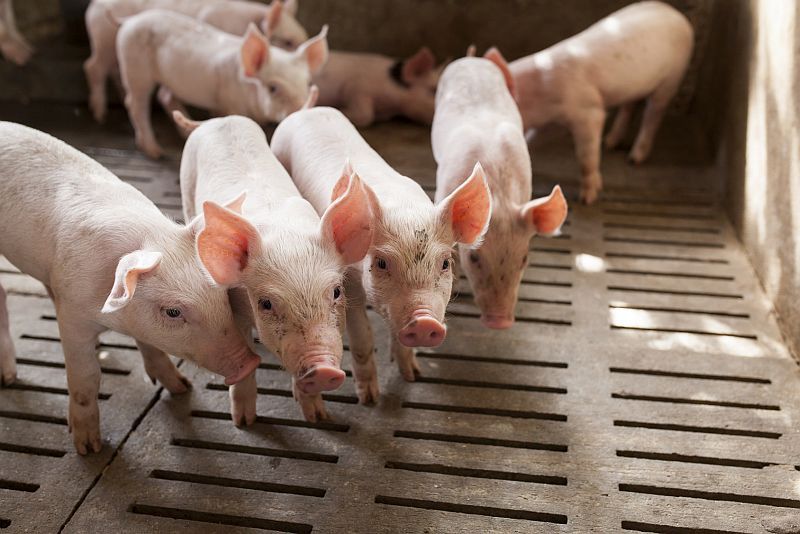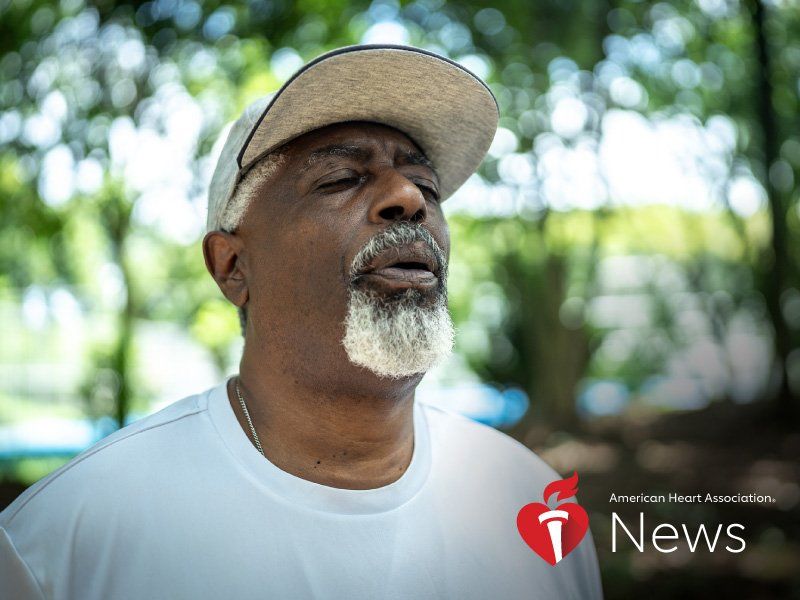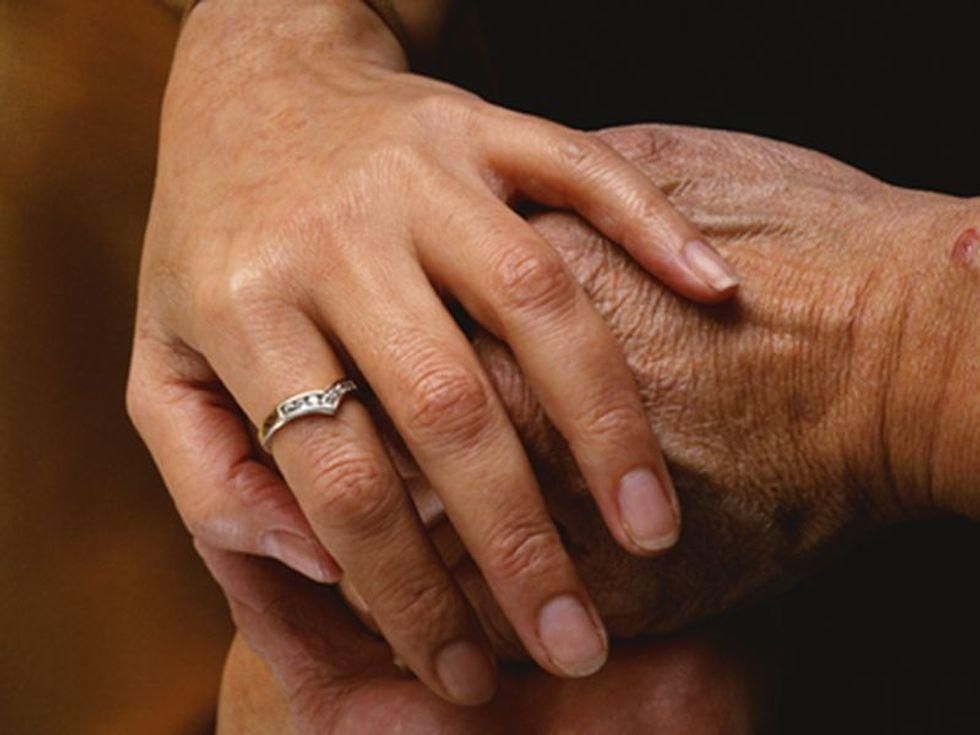
Certain foods are key to reducing heart disease risk, so it’s important to eat them to stay healthy. A globally focused study looked at foods commonly considered to be healthy to better understand this. Consuming fruits, vegetables, legumes, nuts, fish and whole-fat dairy products is key to lowering the risk of cardiovascular disease (CVD), including… read on > read on >










